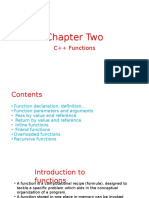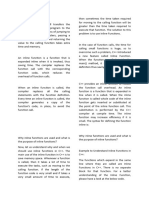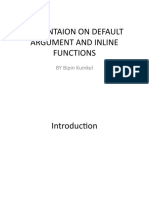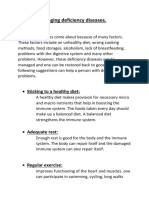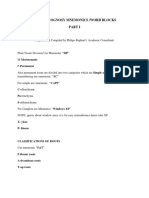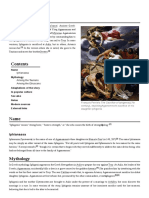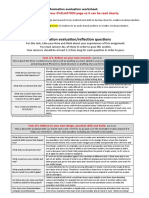0% found this document useful (0 votes)
173 views17 pagesFunctions in C++
Functions in C++ allow programmers to organize code into reusable blocks of code called functions. Functions help reduce redundancy, make code more modular, and provide abstraction. Functions are declared with their parameters, return type, and sometimes parameter names. Parameters can be passed by value, where the function gets a copy of the argument, or by reference, where changes to parameters are reflected in the caller. Inline functions avoid the overhead of regular function calls by expanding the function body inline at each call site. This can improve performance for small, frequently called functions but increases code size if overused.
Uploaded by
libranhitesh7889Copyright
© © All Rights Reserved
We take content rights seriously. If you suspect this is your content, claim it here.
Available Formats
Download as PDF, TXT or read online on Scribd
0% found this document useful (0 votes)
173 views17 pagesFunctions in C++
Functions in C++ allow programmers to organize code into reusable blocks of code called functions. Functions help reduce redundancy, make code more modular, and provide abstraction. Functions are declared with their parameters, return type, and sometimes parameter names. Parameters can be passed by value, where the function gets a copy of the argument, or by reference, where changes to parameters are reflected in the caller. Inline functions avoid the overhead of regular function calls by expanding the function body inline at each call site. This can improve performance for small, frequently called functions but increases code size if overused.
Uploaded by
libranhitesh7889Copyright
© © All Rights Reserved
We take content rights seriously. If you suspect this is your content, claim it here.
Available Formats
Download as PDF, TXT or read online on Scribd
/ 17















